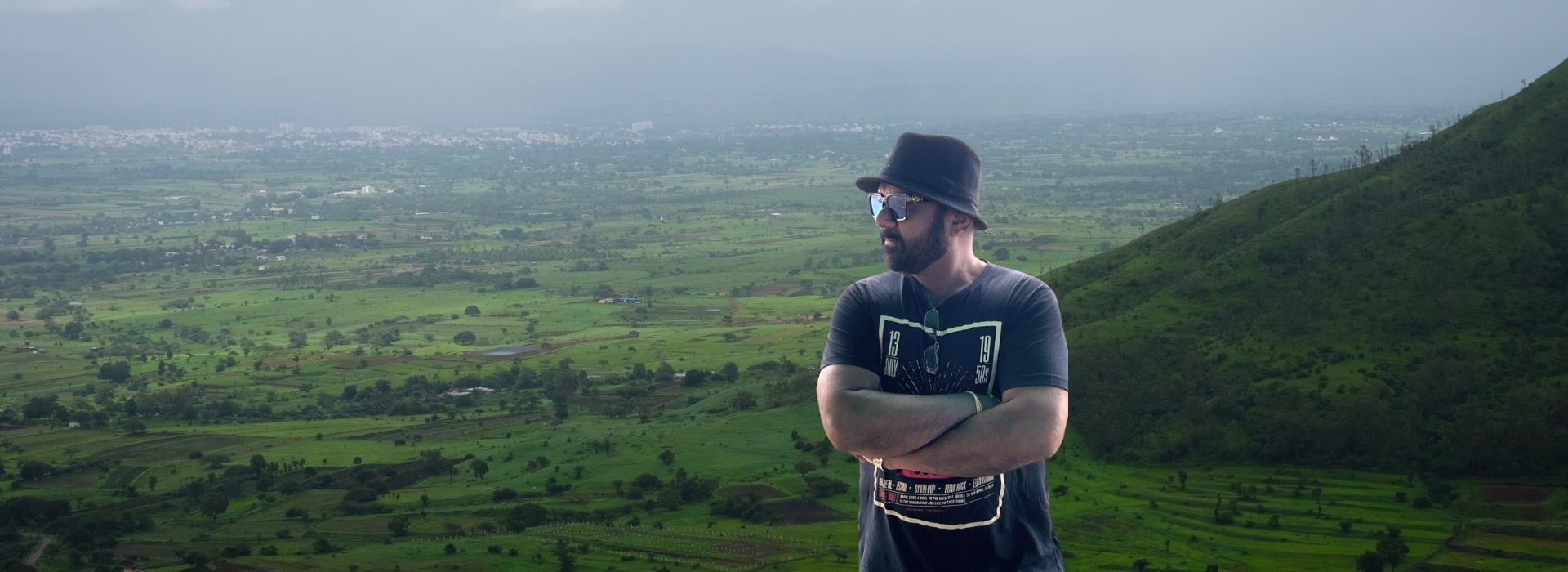In recent years, Pune’s real estate market has witnessed a surge in demand for plot investments. With urban expansion and the desire for spacious living, people are increasingly looking beyond traditional apartment options and investing in land. The plot market around Pune, especially in peripheral areas, offers a promising opportunity for those looking to secure their future. Here, we dive into the current landscape of the plotting industry around Pune, the significance of agricultural land, and precautions every buyer should consider.
Pune’s Plotting Market: Growth and Trends
As one of Maharashtra’s fastest-growing cities, Pune is rapidly expanding beyond its city limits. Areas around Pune, including localities like Hinjawadi, Talegaon, Lonavala, and Pirangut, have witnessed significant interest in plotted land due to relatively lower prices, scenic surroundings, and potential for long-term appreciation. Factors like improved connectivity through highways and metro lines, as well as proximity to IT parks and industrial zones, have contributed to this demand.
For real estate investors, plotted developments offer flexibility in terms of design and future use. Moreover, the peripheral regions around Pune have been developing as lifestyle destinations, thanks to their natural beauty, making them ideal for holiday homes, retirement properties, or even modern farmhouses.
Importance of Agricultural Land in Pune’s Plotting Market
Much of the plotting industry around Pune involves the sale of agricultural land, which can be an attractive investment option. Agricultural land offers several benefits:
- Cost-Effectiveness: Agricultural land tends to be more affordable than non-agricultural land, making it accessible to a wider range of investors.
- Sustainability and Ecological Balance: Owning agricultural land allows for green development, which can contribute to ecological preservation.
- Potential for Agritourism: Maharashtra’s tourism industry has begun to embrace agritourism, opening up avenues for owners of agricultural land to monetize their property by offering unique rural experiences.
However, investing in agricultural land for residential or commercial purposes can be complex. Converting agricultural land into non-agricultural (NA) land requires strict adherence to legal procedures, as it involves government permissions and zoning regulations. Understanding these requirements is crucial for anyone considering purchasing agricultural plots.
Precautions When Investing in Pune’s Plotting Industry
Investing in land plots around Pune is appealing, but potential buyers must be mindful of several precautions:
-
Verify Land Ownership and Title: Always confirm the legal status of the land. Ensure that the seller has a clear title and that there are no legal disputes. Scrutinizing the land records is essential to avoid complications later.
-
Check Zoning and Land Use: Before purchasing agricultural land, check with local authorities regarding the permitted land use. Some areas may be restricted for agricultural purposes only, making it challenging to develop for residential or commercial use without converting it to NA land.
-
NA Conversion: If you intend to use agricultural land for non-agricultural purposes, ensure you have the required permissions. Conversion can be a lengthy and costly process, so plan accordingly. Consider consulting a legal expert to guide you through the process.
-
Look into Amenities and Infrastructure: When buying plots in the outskirts of Pune, assess the availability of essential amenities, including water, electricity, and road connectivity. Properties near developed infrastructure generally offer higher future returns.
-
Consider Future Growth Prospects: Invest with an understanding of Pune’s growth trajectory. Areas closer to proposed infrastructure projects, such as new highways or IT hubs, tend to appreciate faster. Research planned government projects and future developments in the locality.
-
Environmental Impact and Soil Quality: Before purchasing agricultural land, inspect the soil quality if you plan to cultivate it. Some plots may also be part of eco-sensitive zones where construction might be limited.
Final Thoughts
The plotting industry around Pune holds immense potential, with opportunities for appreciation and diversified land use. However, purchasing a plot, especially agricultural land, requires thorough research, legal guidance, and a strategic approach. By considering the importance of agricultural land, evaluating growth areas, and taking essential precautions, investors can make informed decisions that will bring both security and growth to their real estate portfolio.

